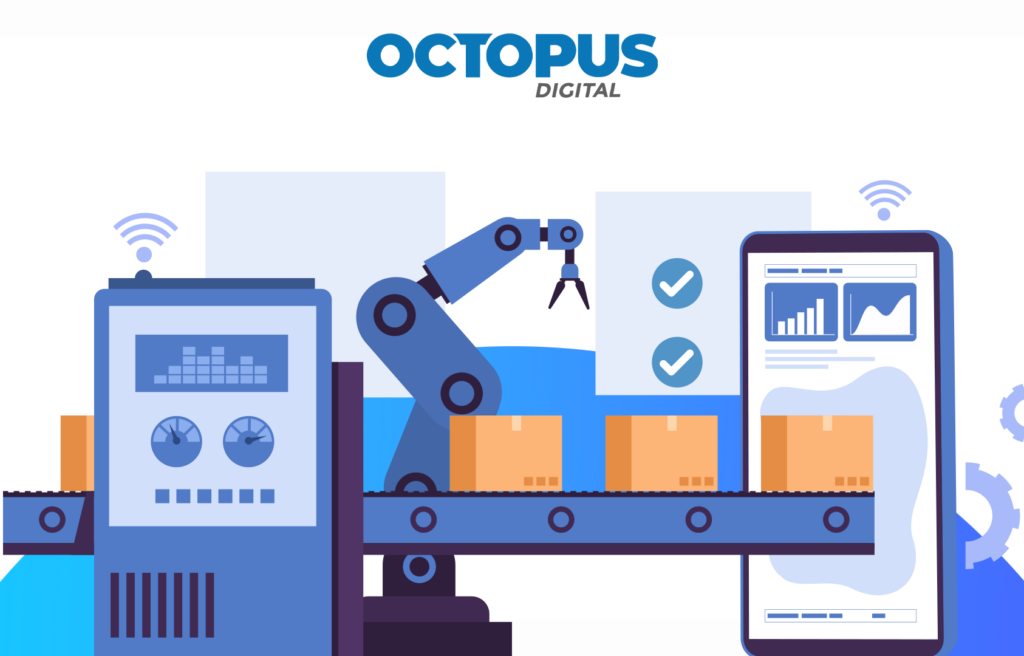Data silos have been a big problem for the manufacturing industry, preventing them from using their information effectively. However, the winds of change are sweeping through the corporate landscape as businesses awaken to the transformative force of data democratization, breaking down data silos that have long separated departments and stifled collaboration.
Challenges posed by data silos
Data silos are the organizational barriers that obstruct the seamless exchange of data across different departments or functional units. Typically stemming from legacy systems, departmental hierarchies, and insufficiently integrated communication channels, these silos pose a significant challenge.
Within an industrial context, the presence of data silos can hinder process optimization, impede innovation and result in inefficiencies across operations. Moreover, these data silos can result in incomplete data sets, inconsistent data, and poor collaboration, further contributing to uninformed decisions. Numerous industries experience financial setbacks as a consequence of these inefficient information-sharing practices.
What is data democratization?
Enter data democratization, a solution that advocates for widespread data accessibility within an organization. Data democratization advocates the widespread of data within an organization. It aims to make data accessible to every employee of an organization irrespective of their department or expertise. Instead of limiting data access to a select few, this approach empowers individuals across various departments with the ability to access and interpret relevant data. In the context of breaking down data silos, data democratization becomes a catalyst for fostering collaboration and aligning organizational goals.
Why implementing data democratization has become indispensable?
In the fiercely competitive manufacturing industry, it has become crucial to break-down data silos through the implementation of data democratization. This is imperative for making well-informed and streamlined decisions to enhance operational efficiency. Data democratization hosts several advantages, some of which are elaborated upon below:
Cross-functional collaboration:
When every individual within an enterprise has access to all the data, it empowers them to possess an in-depth understanding of industrial operations. This information is further interpreted by different experts to identify the dependencies and opportunities. For instance, collaboration between on-site engineers and data analysts can enhance operational efficiency, while the alignment of strategies between sales and marketing departments through real-time insights becomes possible. This interconnected collaboration further reinforces the transformative impact of data democratization in breaking down silos and optimizing organizational processes.
Enriched data quality and data literacy:
When an organization makes data accessible for all of its members, it necessitates the establishment of data governance policies. This, in turn, enhances the overall quality of data accessible to employees. Similarly, as a greater number of individuals engage with data and analytical tools, it fosters their analytical skills, thereby ensuring the generation of data-driven insights for daily operational processes.
In this context, a cloud-native IT/OT convergence platform seamlessly integrates into this framework. Platforms such as this, offer a solution for collecting and analyzing manufacturing data in real-time, providing accurate insights that prove invaluable for informed decision-making.
Efficient decision-making:
Every business relies on swift and well-informed decision-making. Data democratization equips decision-makers across all levels with the latest insights essential for agile responses. This enables real-time modifications to production schedules by market demand. Likewise, top-level executives can align business strategies with comprehensive insights derived from various operational dimensions. This democratized access to data ensures that decisions are grounded in a holistic understanding of the industrial landscape.
Welcome to the era of data democratization where knowledge knows no boundaries
In the current manufacturing industry, where precision, efficiency, and adaptability are paramount, data democratization is proving to be a transformative force. From breaking down data silos to empowering teams with unprecedented access the manufacturing industry is set on a journey where information becomes a catalyst for innovation and silos are shattered in the pursuit of organizational excellence. By breaking down data silos, the manufacturing industry is unleashing heightened levels of collaboration, innovation, and operational efficiency. As data flows seamlessly across departments, organizations position themselves at the forefront of a transformative era—one marked by integrated, data-driven decision-making and a more agile response to the challenges of an ever-evolving industry landscape.
Read more on our propriety solution OmniConnect to understand how your organization can break down data silos, and make the most of your data.




